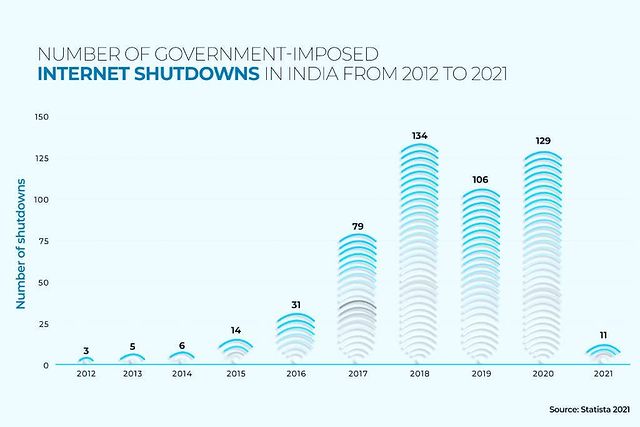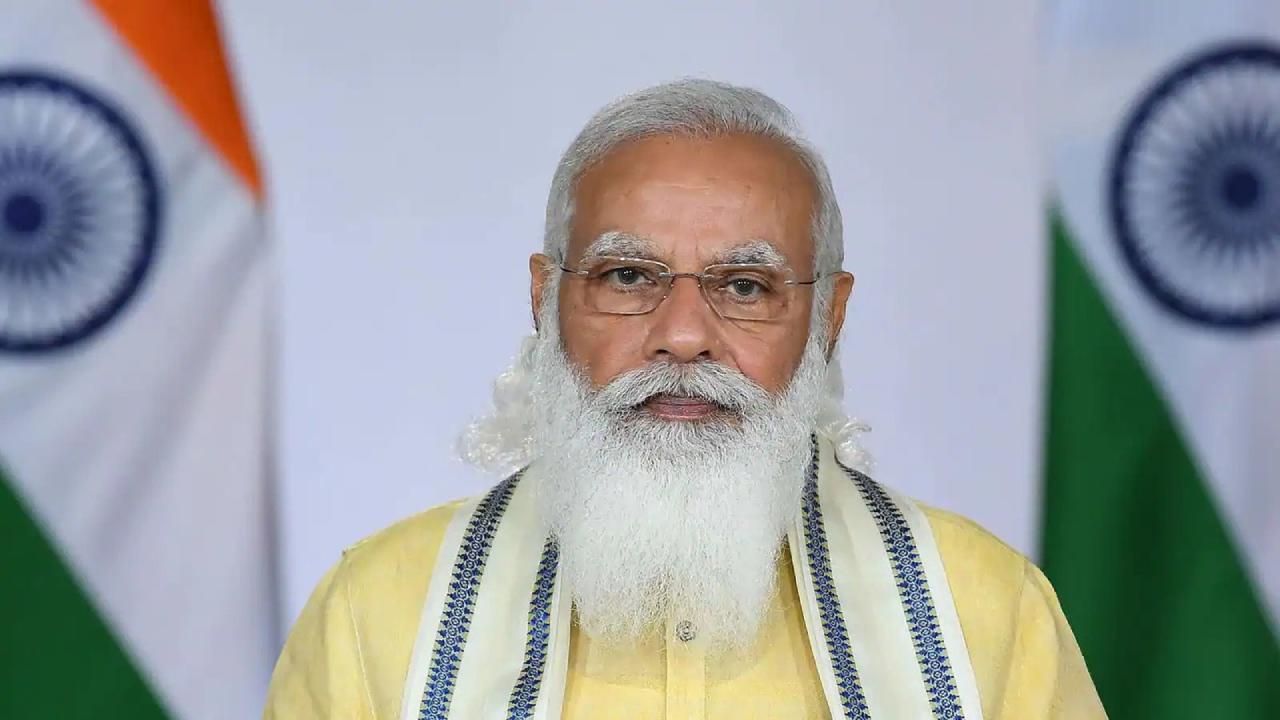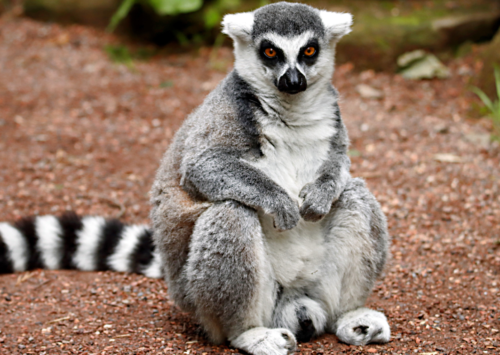Chasm between deeds & words: Modi’s speech on freedom & democracy at G7 Summit
On Sunday, participating in a session at the G7 Summit in Cornwall, United Kingdom, Indian Prime Minister Narendra Modi spoke of democracy and freedom being part of Indian ethos. He also said that it was important to ensure that “cyberspace remains an avenue for advancing democratic values and not of subverting it”.
Modi was speaking at a session dedicated to ‘open societies’ that was organised as part of the G7 Outreach programme where leaders of select nations like South Africa, South Korea and Australia were invited to participate along with the G7 nations – United States, Germany, France, Italy, Canada and Japan, besides host United Kingdom.
At the end of the session, all the participating countries, including India, signed a joint, path-breaking statement, that emphasised the need to tackle rising threats to freedoms, including politically-motivated shutdowns and human rights violations. “We are at a critical juncture, facing threats to freedom and democracy from rising authoritarianism, electoral interference, corruption, economic coercion, manipulation of information, including disinformation, online harms and cyberattacks, politically motivated internet shutdowns, human rights violations and abuses, terrorism and violent extremism,” said the statement.
In the past, G7 and other such global meetings used to mention issues like human rights, freedom of expression or media freedom almost as an afterthought, devoting hardly a paragraph or two to these key issues. However, it was encouraging to see the leaders of the seven democracies address in depth issues beyond trade, business or defence and talk at length on challenges that many democracies around the world face, albeit to varying degrees.
It put emphasis on human rights, offline and online, for all as well as social inclusion without discrimination. It also called for freedom of expression, both online and offline, as a freedom that ‘safeguards democracy and helps people live free from fear and oppression’ and the need strengthen societies globally by protecting civic space and media freedom, promoting freedom of expression, freedom of assembly and association, and freedom of religion or belief, and by tackling all forms of discrimination, including racism.
Glaring gap between Modi’s words & deeds
Modi’s speech at the event where he projected India as being at the forefront of upholding democratic values and individual freedoms as well as diversity and dissent. The comments were met with derisive comments both in the UK as well as India as they were at odd with the practices rampantly adopted by the Indian government over the past seven years ever Modi took charge as the prime minister.
A day after Modi’s grandiose statement to fellow Heads of States, journalists’ body, Editors Guild of India called him out. ‘‘Journalists and cartoonists are being targeted in India, contrary to Prime Minister Narendra Modi’s global stance on free speech and fostering democratic values in cyberspace,’’ it said, adding, that the government itself heaped pressure on them if and when their views were critical of the establishment.
“Journalists and cartoonists critical of the government are being targeted on social media, as pressures are being mounted by the government on these platforms to remove such critical journalists on the specious ground that they are violating the law of the land,” the Editors Guild said, adding “All of this is contrary to the commitments that Prime Minister Narendra Modi made at the G7 Summit to democracy, openness, and against authoritarianism,” it said in a press statement.
India tops Halls of Shame for curbs on freedom of expression
A global analysis by digital rights group Access Now found that India imposed the highest number of internet shutdowns in 2020, for the third year in a row. Of the 155 internet shutdowns imposed around the world last year, India accounted for more than two-thirds with 109 shutdowns, said the report. India was followed by Yemen (six) and Ethiopia (four).

Internet shutdowns in India from 2012 to 2021
“As in previous years, India continued to restrict internet access more than any other country. The majority of these short blackouts were highly-targeted, affecting groups of villages or individual city districts and so were not included in this report, which focuses on larger region-wide shutdowns,’’ Access Now reported, indicating that the total number of individual incidents was significantly higher. India also holds the dubious record of imposing the longest internet blackout in Jammu & Kashmir state where Internet services were abruptly cut off for a record 552 days following the controversial abrogation of the Article 370 of the Indian Constitution that grants a special status and autonomy to Jammu & Kashmir. August 5, 2021 will mark two years of that decision and internet services remain patchy even today in the state.
Access Now says that in 2020, there were 28 complete internet blackouts that plunged people, often the most marginalised, into digital darkness, as authorities disabled both broadband and mobile connectivity.
The shutdowns have continued well into 2021, with the government, mainly central but also many state governments resort to these shutdowns to stifle dissent at the slightest pretext.
Despite Modi’s claims and grandiose statements, digital democracy in India has continued to slide into greater censorship and the government is cracking down on dissent even harder every single day. The ongoing and open battle with Twitter is a case in point. The government has brought in the highly controversial IT Rules 2021 that impose broad-brush control over what stays on social media and what does not.
Several media houses as well as digital freedom advocacy groups have challenged these rules in the courts on the grounds that they trample upon several basic freedoms guaranteed by the Indian Constitution, notably the freedom of expression and the right to protest.










